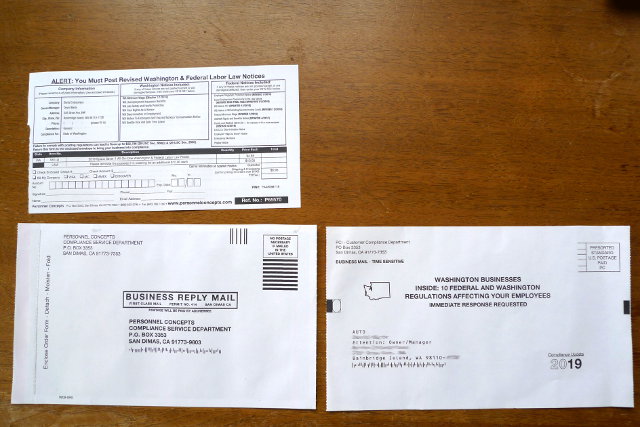The iCloud Disk Is a Racket
Published at 23:10 on 16 March 2023
A racket is best described, I believe, as something that is not what it seems to the majority of the people. Only a small “inside” group knows what it is about. It is conducted for the benefit of the very few, at the expense of the very many.
— Smedley Butler
The iCloud disk is Apple’s cloud storage service. They give away a basic amount of storage to all their users, and charge for extra.
The rub is, that just about every Apple program is configured to put just about everything it saves on iCloud by default. Even very, big bloated things. Especially very big, bloated things. It is possible to turn this off, but it is not easy or obvious, and as I said just about every Apple program is configured to use iCloud heavily, so you must fight with app after app to stop it from dumping megabytes of crap onto iCloud.
The biggest offender is iOS (the iPhone and iPad operating system itself), which is of course configured to back up everything to iCloud by default. How to turn this off (and how to back up an iPhone to a local disk) is described here. Note that you should definitely plan to back up your device to a local disk regularly if you turn iCloud backups off.
The natural consequence is that iCloud fills up quickly. At that point, every Apple device you own will breathlessly and ominously announce that your iCloud storage is about full and recommend purchasing additional storage. Actually the warnings come well before that point, at around the 80% mark. Since iCloud comes with 5 gigabytes for free, that amounts to getting warned about full storage when in fact you have a gig of free space still left.
It doesn’t recommend you investigate why iCloud is filling up, of course. That might result in the user not agreeing to spend money in perpetuity on iCloud. There are ways to investigate usage, but they are not obvious.
I did the work and it was astounding how much crap various Apple programs had stuck there. Most people won’t do that. They will just cough up the dough every month to make their devices shut up.





